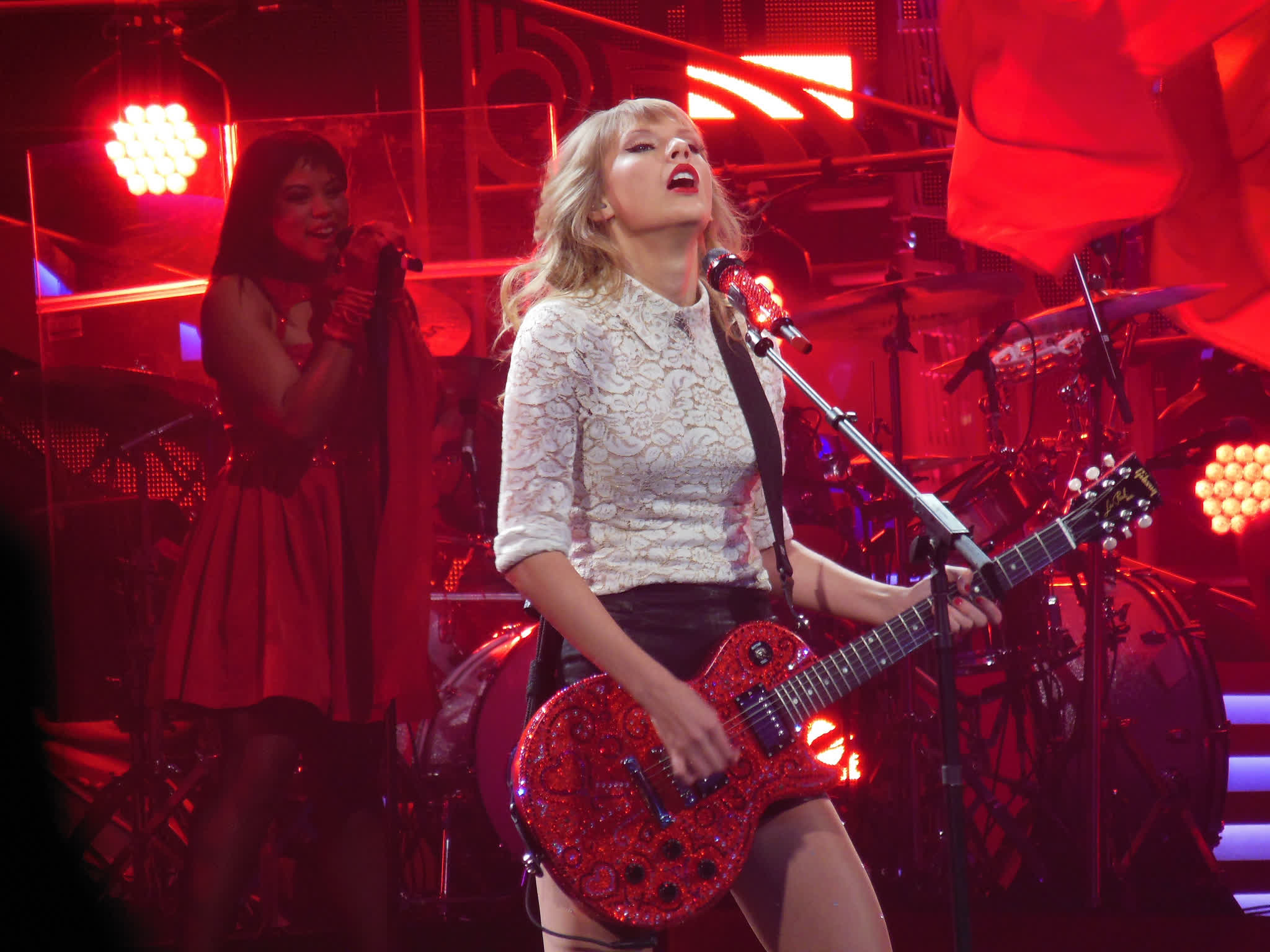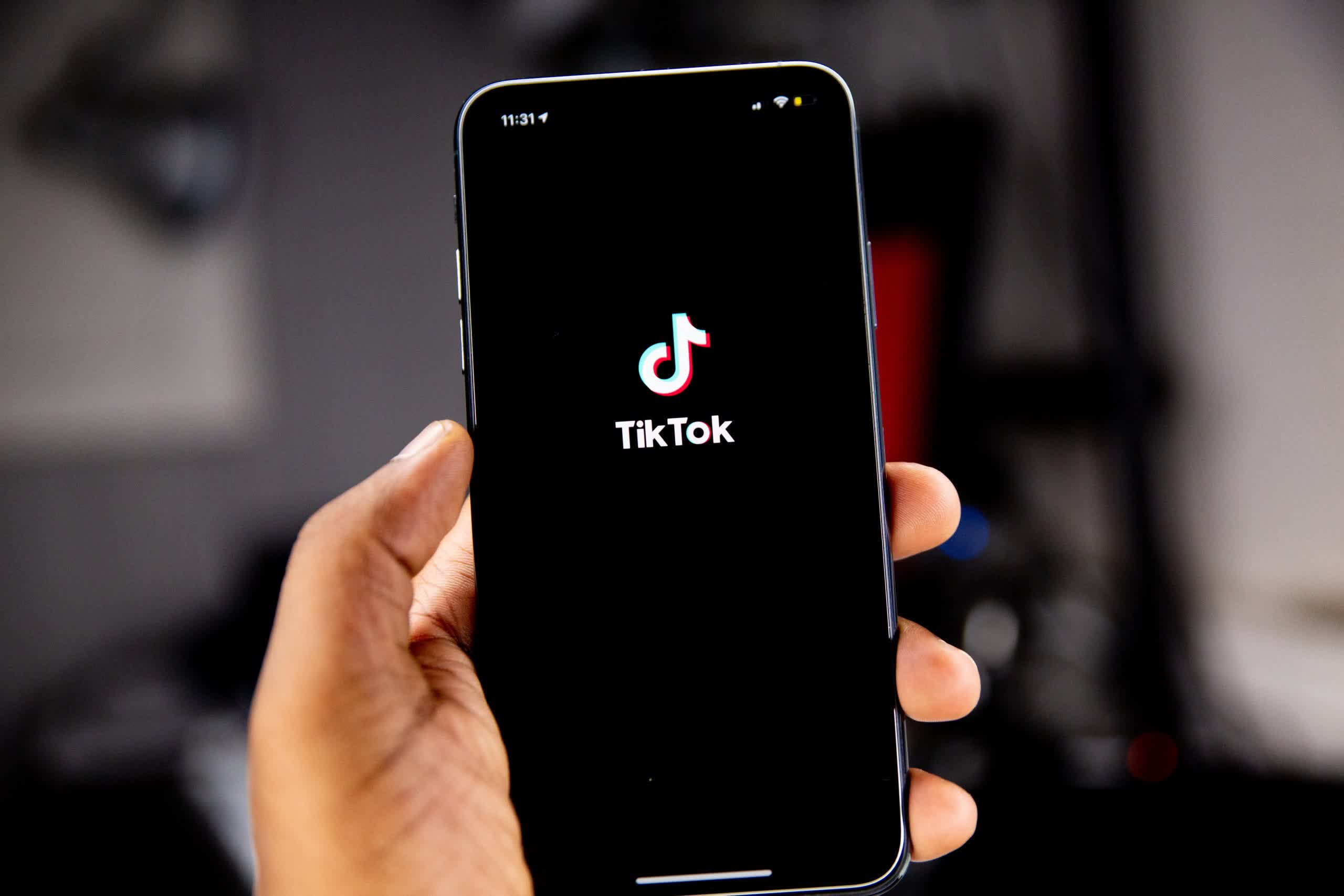WTF?! TikTok has faced numerous controversies over the years, including concerns about its Chinese ownership, which some lawmakers believe poses a potential threat to national security. The app is now being accused of spreading misinformation by displaying in-app alerts about false claims and conspiracy theories that originally started as pranks or satire.
One notification falsely claimed that Taylor Swift accused Florida of being "racist" and had canceled her upcoming concerts in the state. Another misleading notification, labeled "BREAKING," issued a tsunami warning for Japan – three weeks after an actual earthquake. A third claimed that LA Dodgers star Shohei Ohtani had been handed a five-year ban by the MLB for gambling.
The Ohtani alert reportedly originated from an April Fools' Day prank, while the Taylor Swift alert likely stemmed from a satirical article published by The Dunning-Kruger Times earlier this year. According to her official itinerary, her concert in Miami in October is still scheduled.

As noted by the Financial Times, the misleading notifications would appear on screen while scrolling through the feed, just like genuine news alerts. While social media platforms often use these types of notifications to boost engagement, some experts believe they also make users more susceptible to misinformation. According to Laura Edelson, a researcher at Northeastern University in Boston, notifications carry an "additional stamp of authority," leading users to assume that they are carefully curated by the platform rather than being a random tactic to increase traffic.
Although TikTok claims to have removed the specific notifications reported by FT, it declined to explain how its notification-based alert system works. However, experts believe these alerts are algorithmically generated based on users' viewing history. Each alert is shown to a limited number of users, making it challenging to identify all misleading content.
Despite the controversy, TikTok is rolling out new direct messaging features, including group chats that support up to 32 people. In a blog post, the company announced that the new feature will allow users aged 16 and above to "create a shared viewing experience with friends, family, and communities" by watching, commenting, and reacting to videos together in real time. However, like regular DMs, group chats are not available for users aged 13 to 15.
Image credit: Jana Beamer
